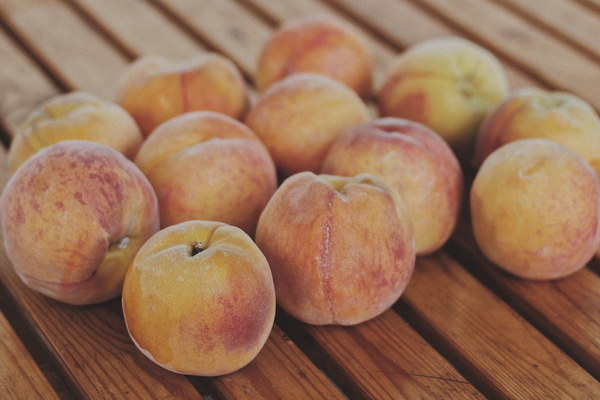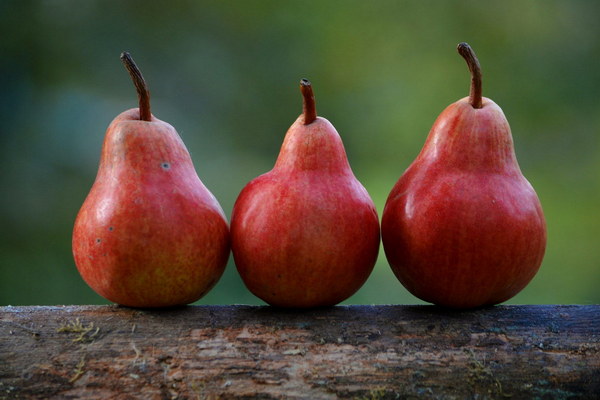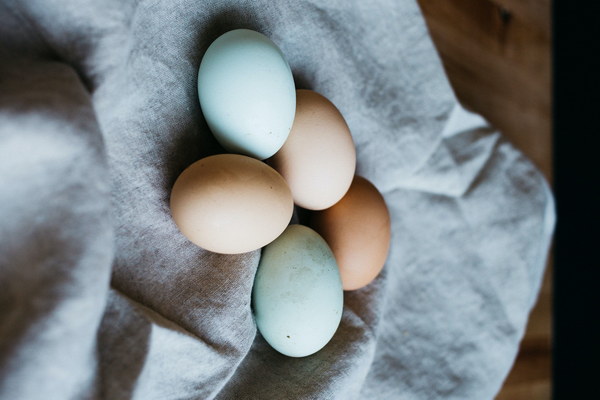Harmonizing the Body's Core The Role of Spleen, Kidney, and Heart Nourishing Medicines in Traditional Chinese Medicine
In the realm of Traditional Chinese Medicine (TCM), the concept of balancing the body's internal systems is paramount. One such system that often requires harmonization is the interplay between the spleen, kidney, and heart—three vital organs that, when functioning optimally, contribute to overall well-being. This article delves into the role of specific TCM herbs and compounds that are known to nourish and balance these organs, thereby promoting health and vitality.
Understanding the Spleen, Kidney, and Heart in TCM
In TCM, the spleen is considered the organ responsible for the transformation and transportation of nutrients within the body. It plays a crucial role in the production of Qi (vital energy) and blood, which are essential for the proper functioning of all organs and tissues. The kidney, on the other hand, is the primary organ for storing essence, which is the fundamental substance that supports growth, development, and reproductive capabilities. Lastly, the heart governs the circulation of blood and is closely associated with emotions, particularly joy and tranquility.
When any of these organs are out of balance, it can lead to a variety of health issues. For example, a spleen imbalance might manifest as fatigue, weakness, or poor digestion. Kidney imbalance could result in low back pain, weakness, or fertility issues. Heart imbalance might present as insomnia, irritability, or heart palpitations.
Herbal Remedies for Spleen, Kidney, and Heart Nourishment
TCM offers a variety of herbal remedies that are specifically designed to nourish and balance the spleen, kidney, and heart. Here are some of the most commonly used herbs and their properties:
1. Astragalus (Astragalus membranaceus): Known for its Qi-enhancing properties, Astragalus is often used to support the spleen and immune system. It can help improve energy levels and strengthen the body's resistance to disease.
2. Codonopsis (Codonopsis pilosula): Similar to Astragalus, Codonopsis is an adaptogen that supports the spleen and helps to boost energy levels and vitality.
3. Ginseng (Panax ginseng): A well-known herb in TCM, Ginseng is used to nourish the kidney and boost the immune system. It is also believed to enhance mental clarity and cognitive function.
4. Dong Quai (Angelica sinensis): This herb is often used to nourish the blood and support the spleen and kidney. It is also known for its ability to regulate menstrual cycles and alleviate menstrual cramps.

5. He Shou Wu (Polygonum multiflorum): A potent herb that is believed to nourish the kidney and blood, He Shou Wu is often used to treat conditions related to kidney weakness, such as hair loss and weakness of the lower back and knees.
6. Suan Zao Ren (Sour Jujube Seeds): These seeds are used to nourish the heart and calm the mind, making them beneficial for insomnia, anxiety, and irritability.
7. Suan Zao Pi (Sour Jujube Skin): Like the seeds, the skin of the jujube fruit is used to nourish the heart and calm the mind, and it is also believed to support the spleen.
Combining Herbs for Maximum Effect
In TCM, it is common to combine different herbs to create personalized formulas that address the specific needs of each individual. For example, a formula for someone experiencing fatigue and weakness might include Astragalus, Codonopsis, and Ginseng to support the spleen and kidney. On the other hand, a formula for someone struggling with insomnia and irritability might include Suan Zao Ren and Suan Zao Pi to nourish the heart and calm the mind.
Conclusion
The use of herbs to nourish and balance the spleen, kidney, and heart in TCM is a time-honored practice that has been refined over thousands of years. While scientific evidence for the efficacy of these herbs is still emerging, many people have found relief and improved well-being through the use of these natural remedies. As with any treatment, it is important to consult with a qualified TCM practitioner to ensure that the herbs used are appropriate for individual health needs.









